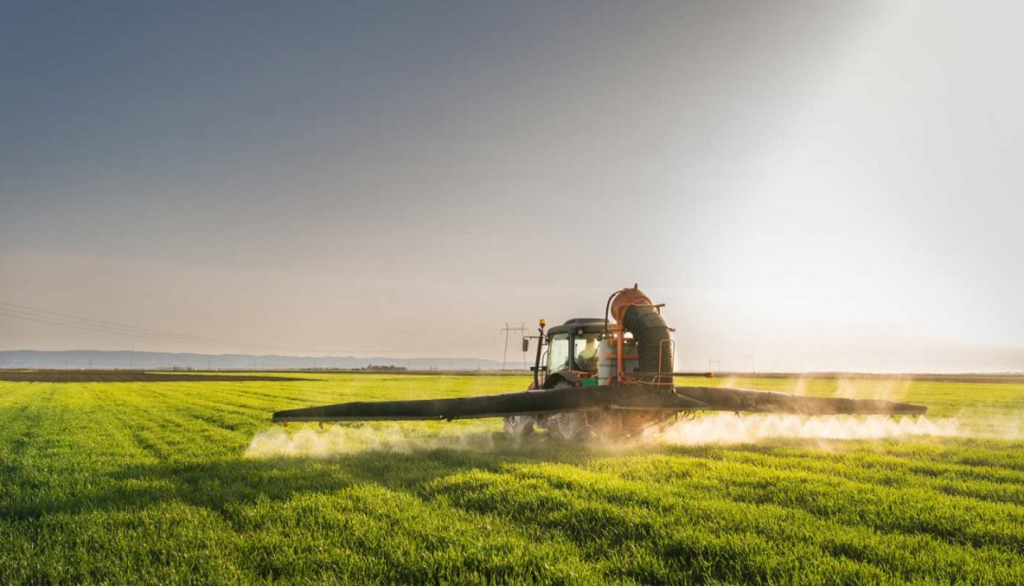
Gewa, a term referring to various species of animals, play a crucial role in agricultural systems worldwide. Their presence significantly impacts both crop production and soil health, making them integral to sustainable farming practices.
In agriculture, gewas such as goats and chickens offer numerous benefits. Goats are excellent at controlling weeds and promoting soil fertility through their grazing habits. Chickens, on the other hand, contribute by consuming pests and their manure enriches the soil, enhancing nutrient availability for crops. These interactions not only reduce the need for chemical fertilizers and pesticides but also help in maintaining a balanced ecosystem.
However, managing gewas in agricultural settings poses several challenges. One significant issue is overgrazing, which can lead to soil degradation and reduced land productivity. Proper management practices, such as rotational grazing, are essential to mitigate this risk. Additionally, farmers must address issues related to disease management and ensure that gewas do not negatively impact crop yields.
To maximize the benefits of gewas while addressing these challenges, farmers are adopting integrated pest management and sustainable farming techniques. Collaboration between agricultural scientists and farmers is also crucial in developing innovative solutions that promote the health and productivity of both gewas and crops.
As the agricultural sector continues to evolve, recognizing and leveraging the role of gewas will be key to achieving sustainable and productive farming systems. By addressing the challenges and embracing the benefits, farmers can enhance both their agricultural practices and environmental stewardship.